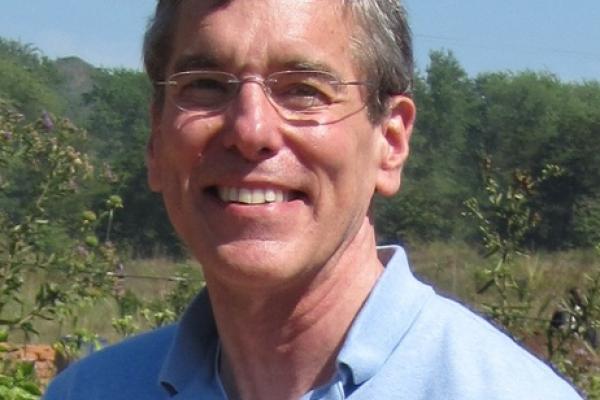It was 1987. I walked across Rutgers University campus with another freshman friend. We were on our way to a meeting for Campus Crusade for Christ (now Cru). In the gobs of our gab we happened upon the topic of the recent scandalous departure of Intervarsity Christian Fellowship president, Gordon McDonald. Interim President, Tom Dunkerton, guided the organization for the next year, appointing Dr. Samuel Barkat as first VP of Multiethnic Ministries. Soon after, Dr. Steve Hayner would accept the mantle of president of the troubled organization. Over the next 13 years, Hayner guided Intervarsity into a period of stability, growth, and racial healing.
Perhaps the most significant contribution of Hayner’s leadership was his close partnership with Dr. Barkat. Together they stood on the sovereign foundations of Intervarsity’s historic struggles toward racial righteousness and guided the organization through a deep examination of its multiethnic dynamics and its white dominant culture. Ultimately, their work led the parachurch collegiate ministry through a transformative examination of its own white western cultural lens and how that lens shaped their understanding of Jesus and the gospel.
Read the Full Article

